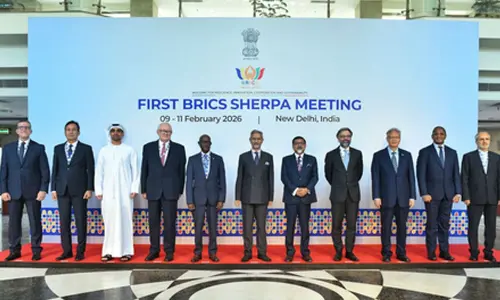Leprosy patients still discriminated from Rajasthan Panchayat elections

Rajasthan is still discriminating leprosy patients under Section 19f of the Rajasthan Panchayati Raj Act,1994, disqualifies a leprosy victim from contesting panchayat elections
JAIPUR: Rajasthan is still discriminating leprosy patients under Section 19(f) of the Rajasthan Panchayati Raj Act,1994, disqualifies a leprosy victim from contesting panchayat elections.
A person is debarred if he/she “is a leper or is suffering from any other bodily or mental defect or disease rendering him incapable for work,” according to sec 19(f).
“It is the government that defines the conditions of eligibility of candidates. The commission’s role is limited and well defined,” says the commissioner of state election commission, Prem Singh Mehra.
“The state election commission’s role is to conduct panchayat and local body elections on time every five years without failure. However, the commission is free to give proposals to the government,” said Prem Singh Mehra .
Kavitha Srivastav, President of PUCL, said science had advanced, leprosy is now curable. “The state government has been following a policy of exclusion as far as panchayat raj is concerned. Whether it is the two child norm, educational qualifications, having toilets at home, leprosy, etc., the government seems more focused on who to exclude from elections at lower levels. These are regressive measures that discriminate against people on one pretext or the other,” she added.
Senior official in the panchayat raj department told,” We are in the process of amending the provision. The amendment bill is ready and may be moved in the next session of the state assembly.”
“Persons suffering from leprosy also have the right to live with human dignity. It is the duty of the Centre and the states to ensure that leprosy patients are rehabilitated and brought to the mainstream,” said the Supreme court.
The apex court had asked to work for the eradication of leprosy, which was “curable”. It also said such provisions prohibited them from occupying or standing for public posts and denied them access to public services.








